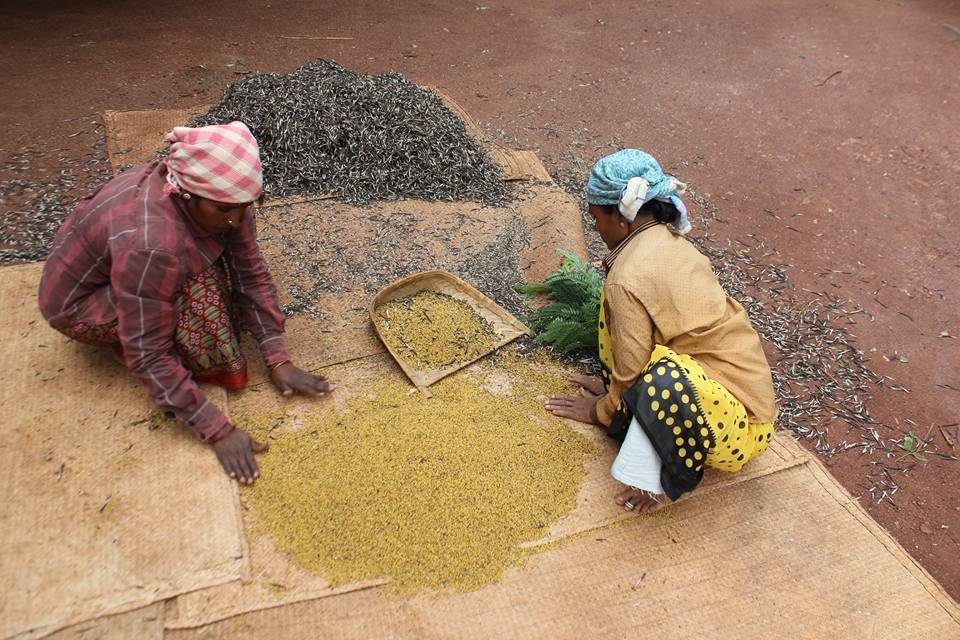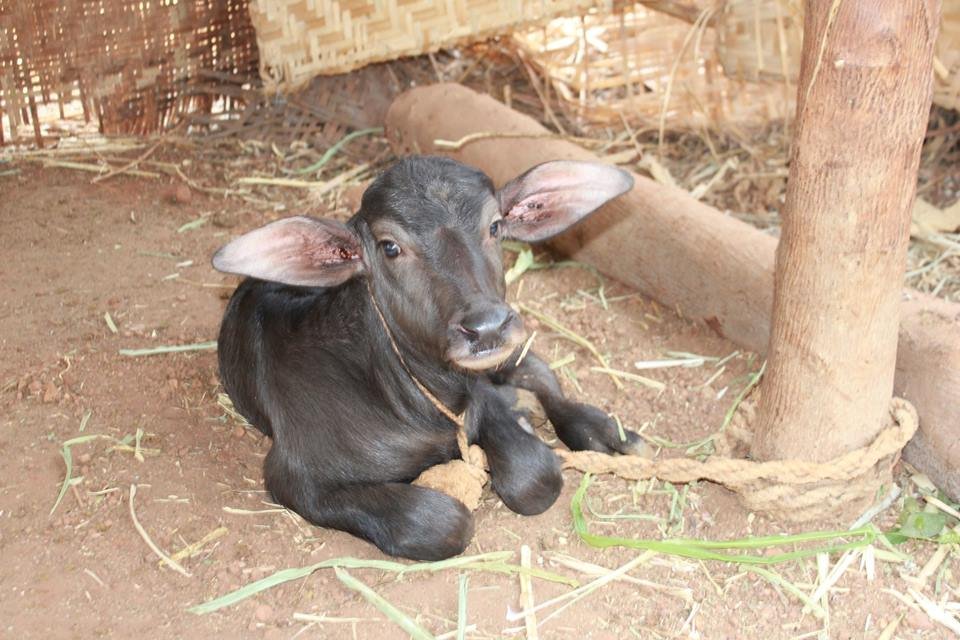
An UVA EPIC

Eshkol Agro Solutions started with one woman filled with romantic ideas about saving the natural forests and her people from poverty by giving access to fresh organic produce and agricultural jobs, who spent a considerable amount of her time in farms in India and Thailand experimenting and experiencing as an organic farmer. Enlightened by the self- reliant life style one can achieve by growing their own food and building their own homes, she started her social enterprise to determine and assist the poorest and least accessible villages in the Uva province and work with them on a long term basis. We work with backward communities as we know we cannot stop villages advancing technologically and becoming cities, what we strive to do is to help people embrace development in a way it doesn’t compromise their ability to live in a sustainable, healthy and ethical way living up to their values and traditions. We believe that the key to lasting change in iniquitous societal structures lies in nurturing the inherent strengths of vulnerable groups especially women, to change and build a more equitable society.Five years later, Eshkol is just the visible face of an operation that includes the successful retail business, Eshkol, and a constantly growing network of women’s cooperatives, credit unions and small, local production units.
Its reach spreads over most of the valleys around the town of Balangoda, Bandarawela, Badulla and city of Colombo.
THE GROWING STAGE
It grew organically, walking on many steep mountainsides to visit villages without carpeted roads, by-passed by time, and conversations with many, many villagers, youth, men and women, about their lives and how they saw the problems. Slowly we came to understand that these women—who spend their days cutting the forests for wood for domestic use and walk miles to collect water in areas that faced water scarcity challenges—were central to any solution to both problems. For example, if they had cooking gas they wouldn’t cut the forests, and they will have enough time to do something that might be more remunerative. During these visits, we conducted trainings on the importance of sustainable agriculture to fight poverty and food security challenges in the region, and as a result the women themselves began to suggest surplus products that they could prepare and offer for sale, and a database was slowly developed.

Training another woman on grain preservation
OUR HARVEST
This is Eshkol. A story as Awe-inspiring as the mountains and the people it’s built on
Some of the initial products, such as the pepper and cinnamon spice, began attracting market attentionin its’ initial launch as a result of them being organically grow and for the fresh taste it produced. In the meantime, we started to work with people with expertise in Agriculture and ancestral local farmers to identify other plants that could be turned into saleable products.All of these efforts have resulted in a supply chain that depends on the capacity of hundreds of village women to harvest and process their local products, and to practically conduct the operation on this grass-roots level. Through our work, we prove that sustainability became one of the first spin-offs of a system based simply on sharing resources and low-impact production methods—just women helping each other to build their lives around their culture and work they do. Our work also revolves around promoting new and alternative income enhancement opportunities, encouraging adoption of sustainable, drudgery reducing and energy efficient tools/ methods and conservation and sustainable harvest of non-timber forest produce from the wild. We in less than two years have successfully developed value added products from locally available semi wild fruit like mulberry and also striven to market disappearing traditional crops such as millets and so forth.Eshkol now successfully markets their products at the Good Market (leads to this link) https://eshkolgardenworks.goodmarket.global/ and partners with leading e commerce organizations too.

| Eshkol believes in the capacities and strength of women. Its’ effects of providing women with an economic alternative to their traditional drudgery resonates and expands in all aspects of village life in Sri Lanka such as self-development, education, political and economic empowerment, social and community leadership, cooperative activities, and healthier forests are among the most prominent. |
|---|
This is ESHKOL, a story as awe-inspiring as the mountains and the people it is built on.


